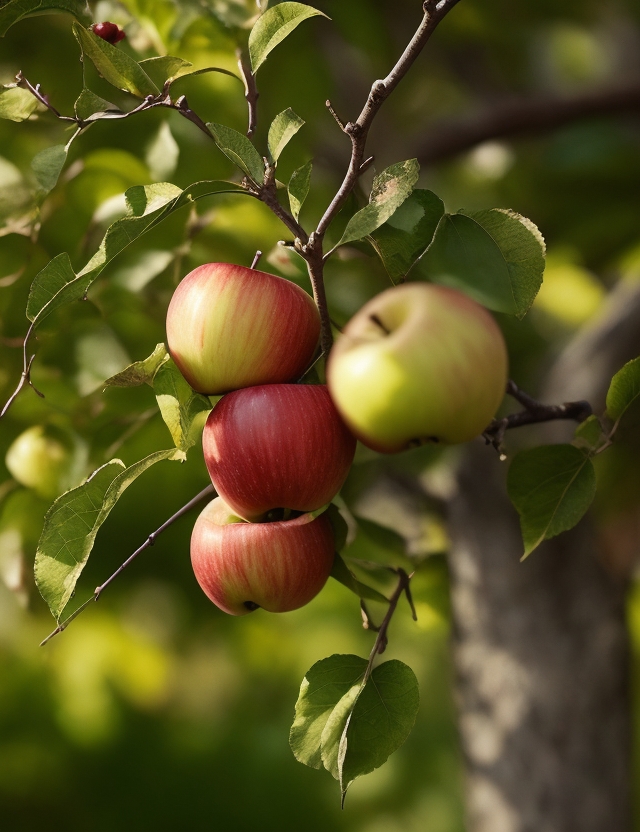From Conventional to Organic: A Guide to Transitioning Your Vegetable Farm
Transitioning from conventional to organic vegetable farming is a complex and multifaceted endeavor. It comes with its own set of challenges and opportunities, notably concerning startup costs, yield, and market opportunities. This article aims to shed light on these critical aspects of transitioning to organic vegetable farming, with a particular focus on Eastern Ontario as a case study.

Startup Costs
The financial burden of transitioning to an organic farm is often substantial. Initial expenses may include purchasing new equipment, such as tractors tailored for organic practices, and soil testing kits to assess nutrient levels. Organic seeds also typically cost more than conventional seeds. Furthermore, farms must undergo a certification process, which entails both time and money, before they can market their produce as "organic."
Yield Considerations
Organic farming often results in lower yields initially when compared to conventional methods. According to a study by the Rodale Institute, organic corn yields were 30% lower than conventional corn yields during the first four years of transitioning. However, the gap narrows over time as soil health improves and beneficial insect populations establish themselves. Over the long term, yields can be comparable or even exceed those from conventional farming methods.

Market Opportunities in Eastern Ontario
The demand for organic vegetables has been growing steadily, especially in urban centers like Ottawa and Kingston in Eastern Ontario. Local farmers' markets, specialized grocery stores, and even mainstream supermarkets are increasingly stocking organic produce. There is also a rising trend in farm-to-table restaurants seeking locally sourced organic vegetables. These factors indicate a favorable market for organic vegetables in the region.
Financial Incentives and Support
Governments and non-profit organizations offer financial incentives to encourage the transition to organic farming. In Canada, the Organic Federation of Canada provides grants and technical assistance to transitioning farmers. Likewise, provincial programs in Ontario offer cost-sharing opportunities for implementing sustainable practices.
Transitioning to organic vegetable farming is a demanding yet rewarding process. The initial costs can be high, but the long-term benefits include not just comparable yields but also access to a growing and lucrative market. Support systems are in place to aid this transition, making it an increasingly viable option for farms in Eastern Ontario and beyond.





